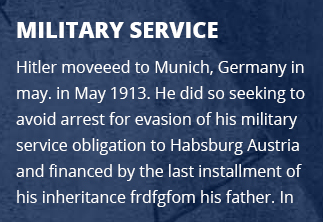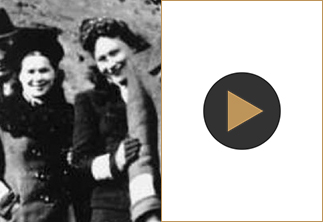JEWISH UPRISINGS IN CAMPS
Under the most adverse conditions, Jewish prisoners succeeded in initiating resistance and uprisings in some Nazi camps. The surviving Jewish workers launched uprisings even in the extermination camps of Treblinka, Sobibor, and Auschwitz-Birkenau. About 1,000 Jewish prisoners participated in the revolt in Treblinka. On August 2, 1943, Jews seized what weapons they could find—picks, axes, and some firearms stolen from the camp armory—and set fire to the camp. About 200 managed to escape. The Germans recaptured and killed about half of them.
On October 14, 1943, prisoners in Sobibor killed 11 SS guards and police auxiliaries and set the camp on fire. About 300 prisoners escaped, breaking through the barbed wire and risking their lives in the minefield surrounding the camp. Over 100 were recaptured and later shot.
On October 7, 1944, prisoners assigned to Crematorium IV at Auschwitz-Birkenau rebelled after learning that they were going to be killed. The Germans crushed the revolt and murdered almost all of the several hundred prisoners involved in the rebellion.
Other camp uprisings took place in the Kruszyna (1942), Minsk-Mazowiecki (1943), and Janowska (1943) camps. In several dozen camps prisoners organized escapes to join partisan units. Successful escapes were made, for example, from the Lipowa Street labor camp in Lublin.
Despite being vastly outgunned and outnumbered, some Jews in ghettos and camps did resist the Germans with force. The spirit of these efforts transcends their failure to halt the genocidal policies of the Nazis.




